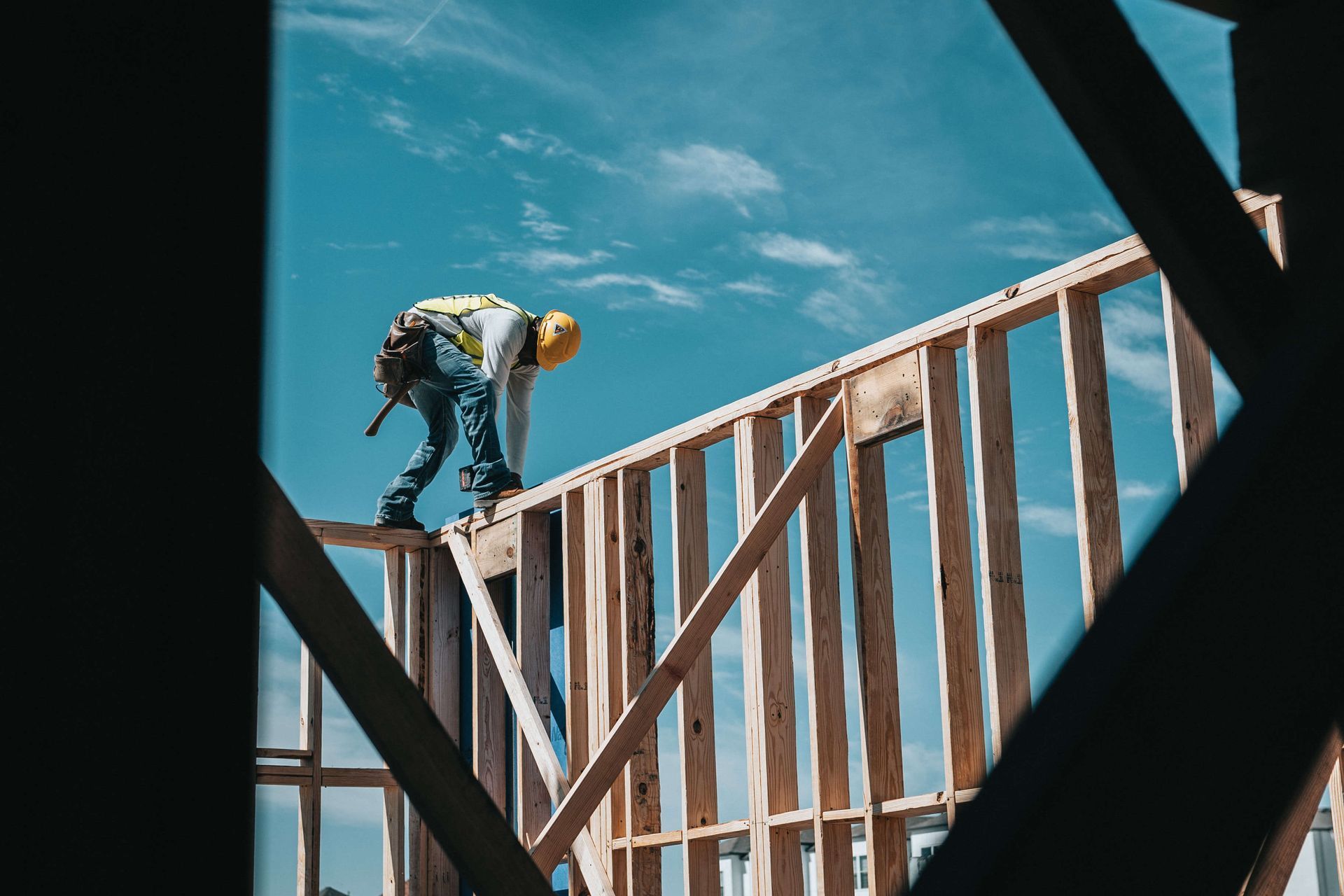Retention Reform Bill Passed in Washington for Private Construction Projects

The Washington Bill 5528 which has been passed recently implements retainage reforms to implement the same retention limits that exist for public projects at the moment. The bill was sponsored by the Northwest Wall and Ceiling Contractors Association, the American Subcontractors Association of Washington and other industry trade groups. The percentage has been limited to 5% for the owner, contractor, subcontractor and any project.
The bill was passed with almost no opposition from both sides of the benches and currently awaits the Governor's endorsement which will come anytime soon. The new law will be enforced from 23 July 2023. It specifically focuses on constriction owners, contractors and subcontractors that work on private construction projects in Washington. This does not include residential construction (less than 12 single-family units) and public projects. For the ones affected by the new law, certain requirements will have to be met under the new bill.
Retention Limit: Five Percent
In private construction projects, the owner, contractor, or subcontractor has the option to hold back a portion of the contract price, known as retainage, which can be up to five percent of the completed work. This aligns with the retention limit observed in public works projects.
Interest Due
There will be a 1% interest rate charged to the contractor, subcontractor or property owner on the final due payment. The interest is bound to be paid after a month’s time from the completion date of the project and acceptance by the owner. Interest accumulates until the contractor or subcontractor receives the final payment. If the party fails to accept the work or provide notice of pending work to the contractor or subcontractor within the designated time-frame, the required interest will begin 30 days after the 15-day period has ended.
Retention Release Bond
However, if a contractor or subcontractor is not willing for a retainage, they can tender a retainage bond that will not exceed 5% of the money earned. When a contractor accepts a bond from a subcontractor, the contractor is obligated to accept bonds from subcontractors or suppliers who have funds withheld from the contractor. The funds must be released within 30 days of accepting the bond from the subcontractor (or supplier)
The purpose of this bill is to speed up the payment due to the contractor or subcontractors for the job. Issues will arise upon the fact that whether the work is complete or not, resulting in a delay in releasing funds. However, for the majority of the projects (especially the public sector), the bill will be favorable for small business owners and construction companies as their cash flow is not affected.
Understanding these bills and laws is not for everybody and that is why experts at United Seattle help in understanding laws for homeowners as well as subcontractors in Seattle and other cities of Washington State. Furthermore, one of the subcontractors plead his case during the bill hearing that his retention has not been released for over five years in a completed project. The legislation's main effect will be ensuring that contractors receive prompt payment.


We Offer All the Services You Need in One Place! We Will Save You Time and Money!
Call Us at (425) 521-7916 Now to Get a Free Estimate or a Free Consultation for Any of Our Services!

